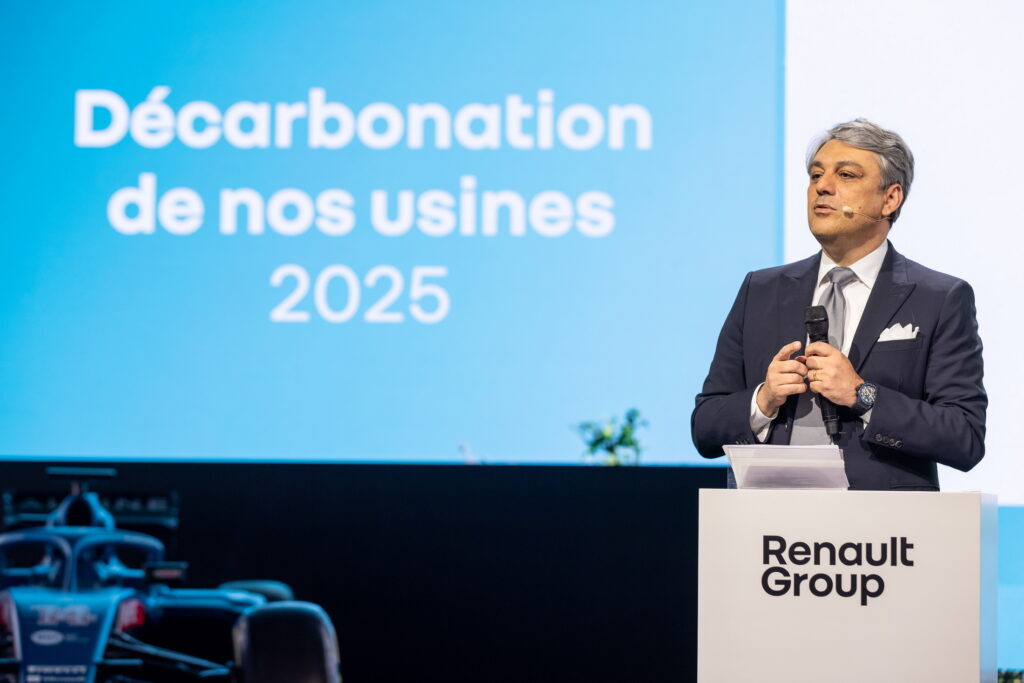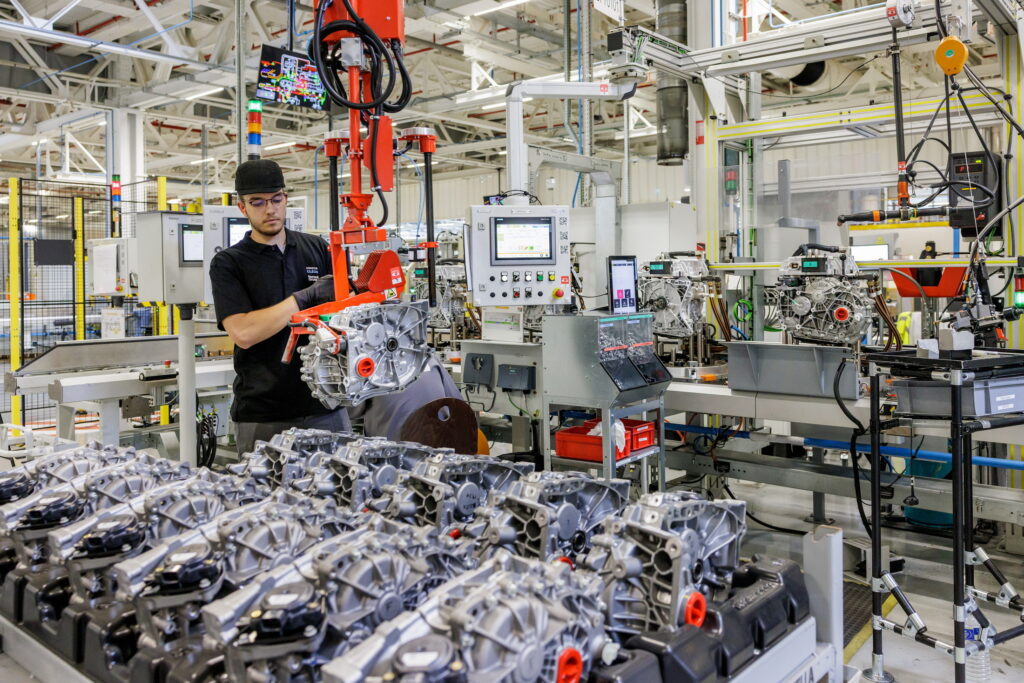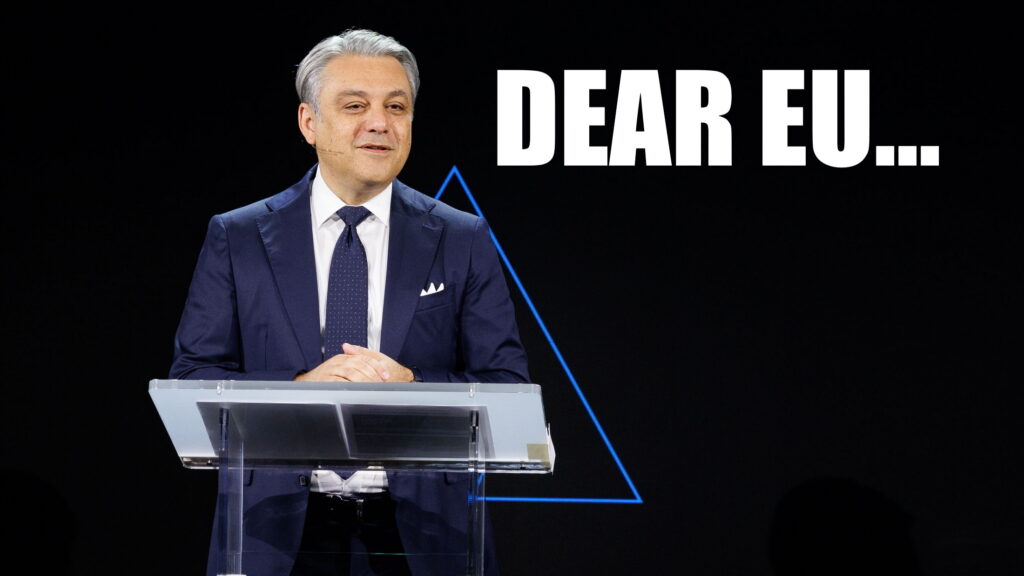Europeans are heading to the polls this summer to elect their representatives in the European Parliament, and Renault CEO Luca de Meo has penned an open letter to the continent. In it, he outlines the challenges the automotive industry faces and advocates for the direction he believes policy should take.
The seasoned auto executive who is also the president of the European Automobile Manufacturers’ Association writes that the automotive industry is facing a unique challenge. It must decarbonize while also adapting to the rise of technology that is transforming automakers into mobility providers. providers.
De Meo worries that European car companies are particularly disadvantaged in this transition, as China has invested heavily in its auto sector, and the U.S. has introduced tax advantages for American-made EVs. Meanwhile, he claims that European automakers are being stifled by environmental regulations.
“The purpose of this regulatory burden is to make Europe a champion of environmental protection, in the hope that this will contribute to social progress at a global level,” de Meo wrote. “The problem is that the other trading blocks are slow to follow suit, and this is having a negative impact on the competitive performance of European business.”
Read: Euro Automakers Unite! Renault Boss Calls For Airbus-like EV Alliance To Fight China

A Six Point Plan
To solve these issues, de Meo has a six point plan. First, he wants the EU to develop an industrial strategy for its business sector, with the automotive industry at its center. Second, he wants automakers to meet with scientists, unions, and NGOs to develop this strategy, which will support the industry in the same he says China supported its automakers, battery makers, and other connected companies.
Third, he wants to set up a new body that essentially regulates regulations, to slow the roll-out of new rules facing automakers. Four, he wants to increase drivers’ access to green energy, and the fifth point of de Meo’s plan is to develop Europe’s software expertise and its supply of the raw materials that make vehicles.
Finally, he wants the EU to support the automotive industry with a model that combines the best of the strategies used in the U.S. and China. He says that the automotive industry is not opposed to Europe’s Green Deal, but wants regulators to take a fresh look at it.
Not Only EVs, E-Fuels And Hydrogen Too
In addition, de Meo writes that EVs shouldn’t be the only technology the EU considers green, and thinks e-fuels and hydrogen may be important in the future. He also calls for the greater investment in small, light, cheap vehicles, which he says have been regulated out of existence by safety and emissions rules.
Finally, he asks that the EU make it easier for European automakers to work together. He calls on the parliament to standardize vehicle to infrastructure technology. In addition, he wants the parts of software-defined vehicles that are hidden to customers to be shared among automakers. By following China’s lead and creating shared parts banks that can be used by any automaker, he says that this collaboration would help Europe maintain its position on the global scale.
“I believe that we can achieve our aims through joint efforts and partnerships between the public and private sectors,” said de Meo. “With Airbus, we have already seen what Europe can do. By stepping up cooperative initiatives, we will set our industry on the road to revival.”





